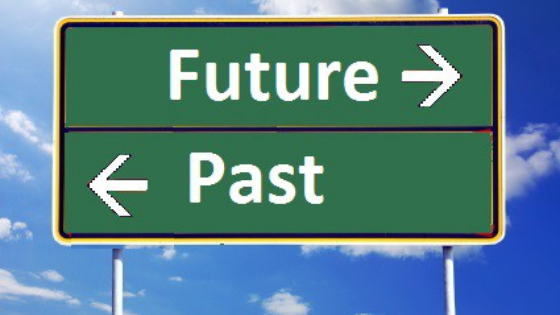2020 has taught us many things. Leading into 2021 is going to require that organisations learn both from experience and lean-into agility.
There are two major schools of thought on how organizations learn and develop: some discuss learning as an outcome; others focus on a process they define as learning. For example, Levitt and March (1 988: 320) conceptualized organizational learning as the outcome of a process of organizations “en-coding inferences from history into routines that guide behavior”; in contrast, Argyris and Schon (1978) defined learning as a process of detecting and correcting error.
2020 has taught us that we need both approaches, but each in moderation.
Learning from history informs us on structures and routines that provide stability, continuity and alignment. We are able to look to the past as reference to navigate the future.
The past, however, is not a perfect predictor of the future. Issues arise when the past no longer provides a relevant reference point for the complexities and instabilities of our current experience, yet we continue to cling to it as a means of determining our future. The failure of organizations to adapt rationally due to cognitive biases that favour existing routines over alternatives can lead to their downfall.
Alternatively, learning as a process provides opportunities for iterative, incremental development. If however it lacks structure and a collective vision, it can be counterproductive in achieving organisational outcomes. That is, when you are constantly being responsive, or even reactive, without a collective understanding of what it is you are trying to achieve, including some pre-determined perimeters, then organisational development is dispersed. This results in a lack of cohesion, and ultimately an inconsistent experience for stakeholders.
Where is your organisation currently placed, and how might you lead into 2021?
Use the descriptions and leadership approaches below to guide your review.
Collective agility: Responsive iterative approaches under one vision.
Leadership approach: Re-View
Dispersed agility: Responding changing needs, but unaligned in your collective approach.
Leadership approach: Re-Vision
Collective classical: Collective continuation of pre-determined systems, structures and ways of operating.
Leadership approach: Respond
Dispersed classical: Each doing their own thing, but within pre-determined systems, structures and ways of operating.
Leadership approach: Re-Align



